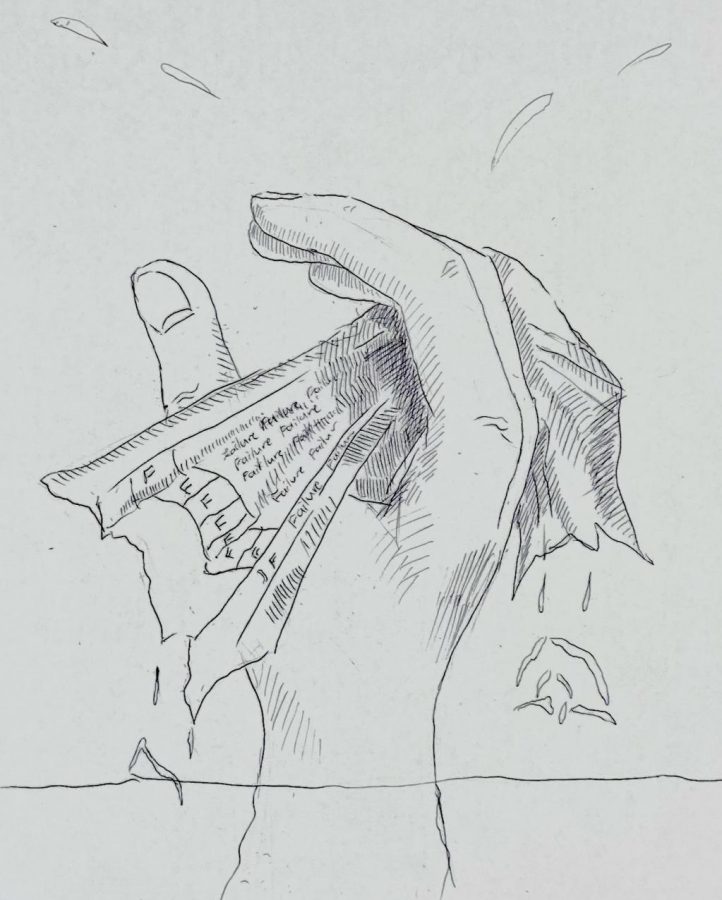Opinion: It’s sink or swim when it comes to mental health
February 5, 2021
The metaphor “sink or swim” refers to a situation when a person is thrown into water. They are then given two choices: either learn how to swim on their own, or sink and ultimately drown. In a more recent context, this metaphor has seemingly found its way into our culture, and more specifically in how we treat mental health.
Generally, people seem to view the idea of a “self-made” person in a positive light. We praise those who were able to “swim,” yet neglect those who “sink.” We focus on the success stories of individuals who were able to overcome obstacles independently, yet we forget those who are still overcoming those same exact obstacles and require help. I find that this insufferable culture presents a couple of serious problems.
The first is that the success of those who were able to “swim” is greatly undermined. Rather than focusing on the hard work that they put in, we focus on the end product. We tell ourselves that those who are able to accomplish difficult tasks are just “talented” and disregard the countless hours of dedication that were put in to reach their goals. As a student, I see that some of my peers are labelled as naturally “smart” or “gifted” because of their academic achievements rather than being recognized for their hard work.
Mental health-wise, it is damaging for an individual who has worked diligently to have their efforts dismissed as nothing more than “talent.” Simply put, the challenges that these people have had to overcome while working independently are seen as nonexistent. Alternatively, this way of thinking is also harmful to those who are still trying to accomplish their goals. Comparing themselves to others who have been successful, people tend to believe that they will never be able to reach their own goals because they do not have that “talent” and are struggling to face their challenges.
Furthermore, in this world built upon self-accomplishments and self-reliance, there is an ever-present negative stigma on asking for any kind of help. With mental health, many seem to look at asking for help as a weakness and those who do ask for assistance are frequently pushed to try harder. Figuratively, they are thrown straight back into the water and are told to “swim” despite not knowing how.
While I understand the sentiment that sometimes people need to be pushed to face their struggles, it is important to note that it does not apply in the case of mental health. People suffering with mental health issues do not need someone who is constantly telling them to try harder, as it only builds up pressure. Instead, they require a support system that encourages them and acknowledges the efforts that they have already put in.
My hopes are that this culture of “sink or swim” can be changed through stronger education and greater awareness on mental health, because I have read too many articles regarding teenage suicide. I have heard too many stories from my peers of the troubles they face at home. I have heard too many times from the voices of others on how they would prefer to just drop everything and give up. It is just too many times that could have been prevented with a bit of compassion.







